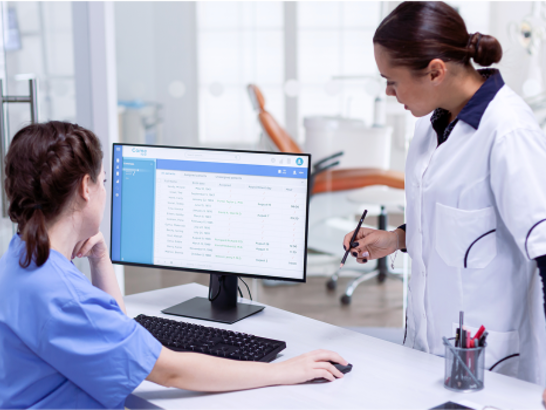Why RPA is Essential for Healthcare & Life Sciences

Reduced Administrative Burden
Frees up medical and support staff to focus on patient care.

Accelerates Revenue Cycle Management
Speeds up reimbursements and improves hospital cash flow.

Enables Better Patient Experience
Reduces wait times and improves responsive communication.

Improves Operational Efficiency
Enables round-the-clock processing without adding staff costs.



